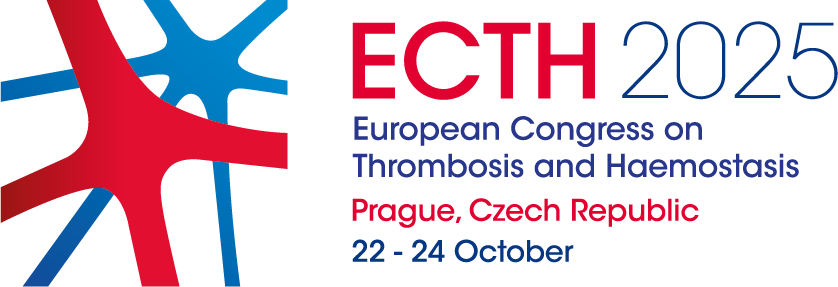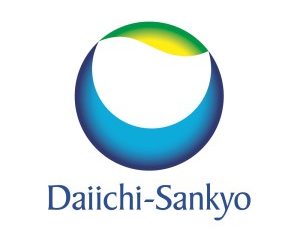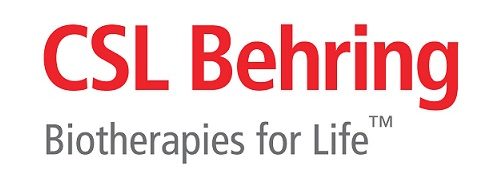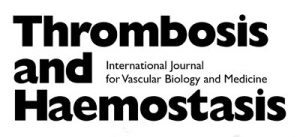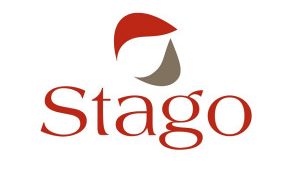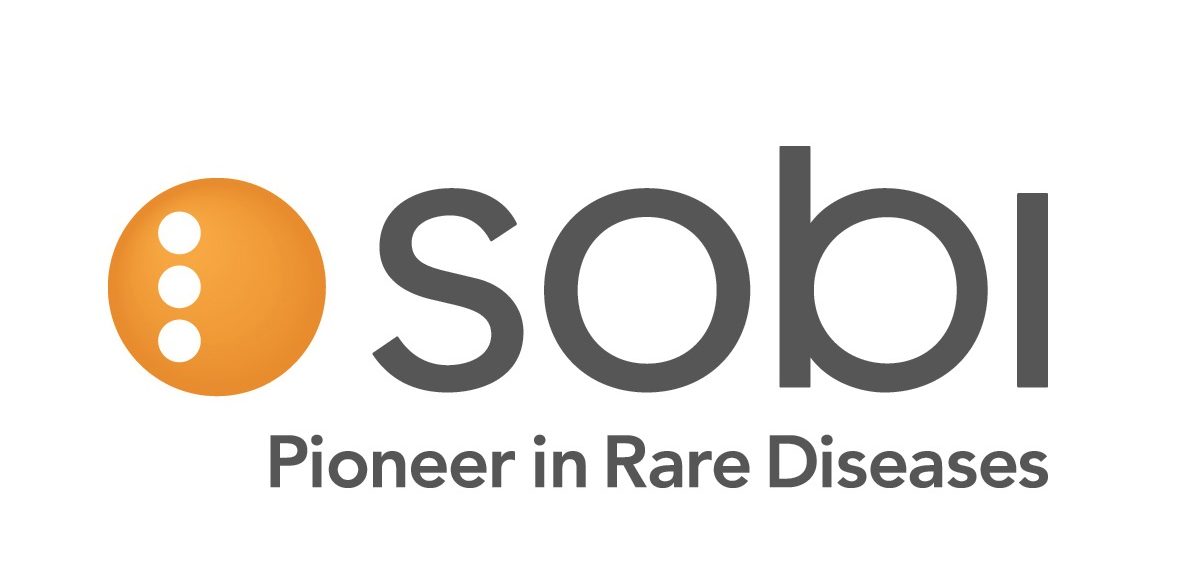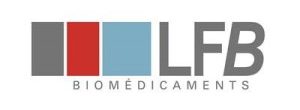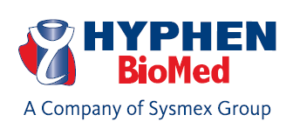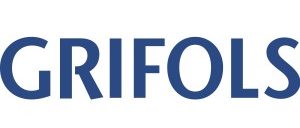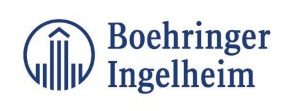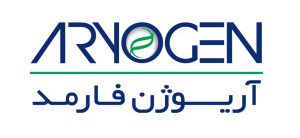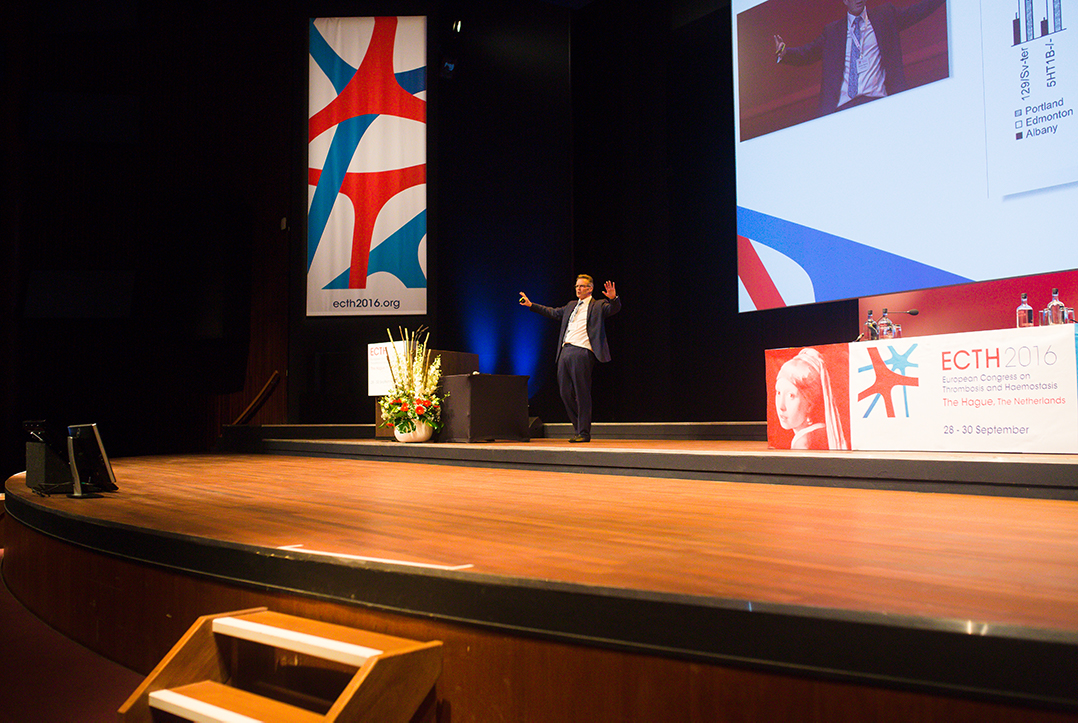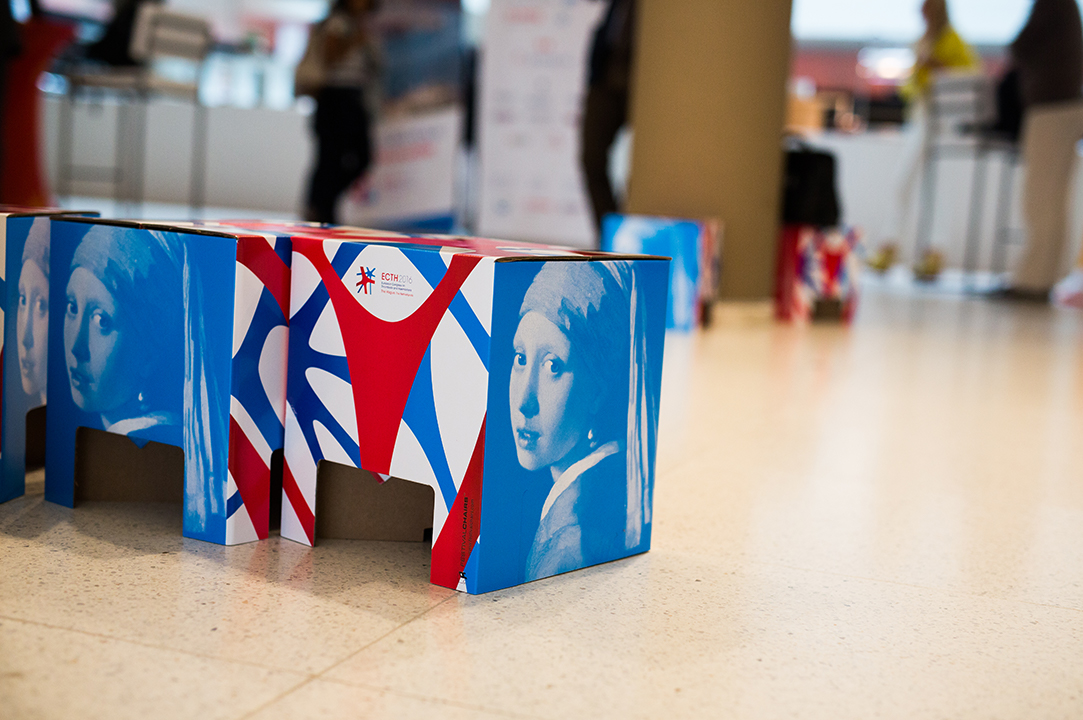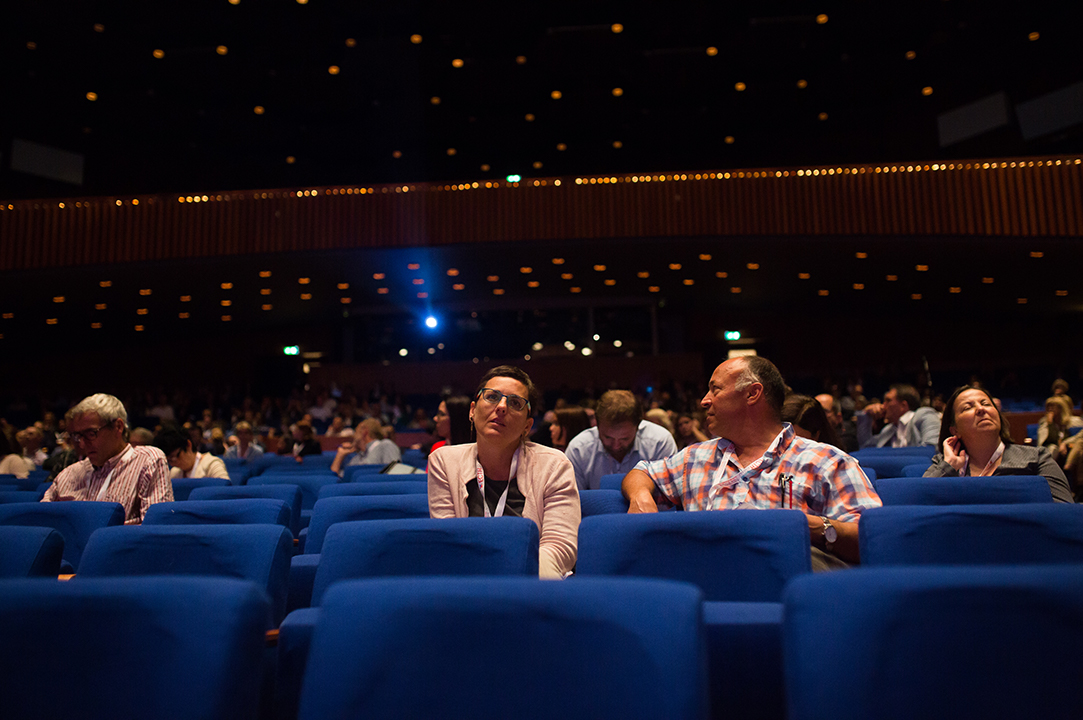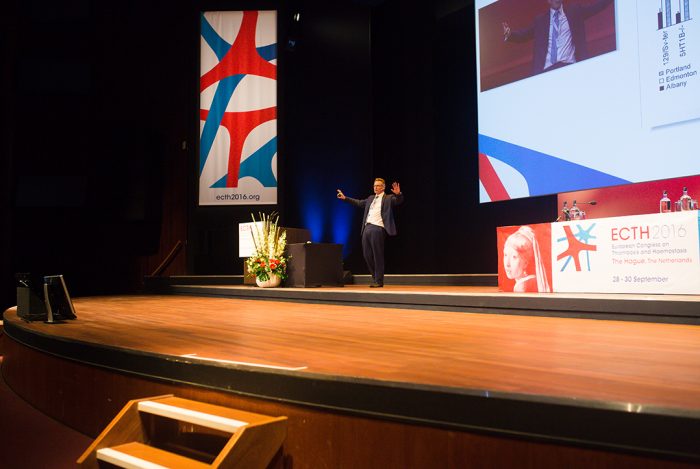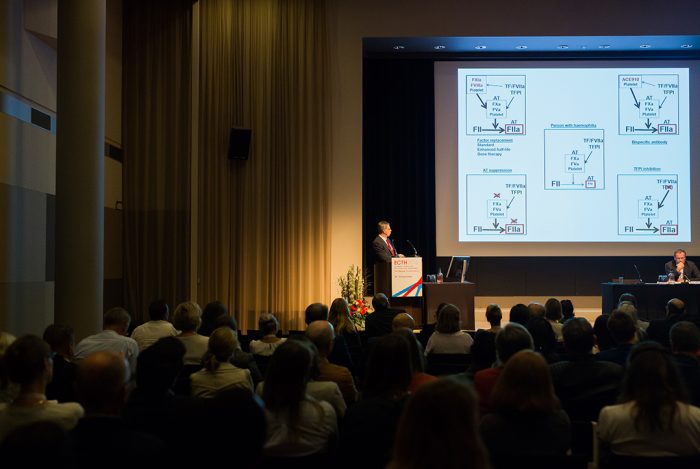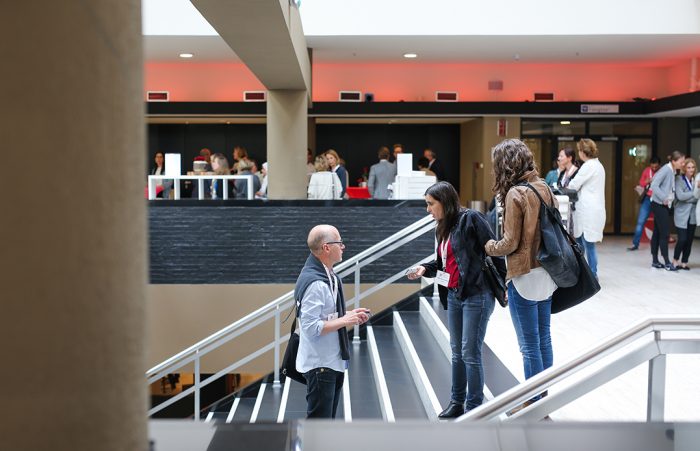
Welcome to ECTH 2016
It is a great pleasure to welcome you to The Netherlands, a country marked by rich cultural heritage and a long and prestigious history of seminal scientific discoveries.
Its government seat The Hague is the perfect location to bring together researchers and health professionals from across Europe in the spirit of collaboration, discussion and the translation of science. This first European Congress on Thrombosis and Haemostasis will be an important event for the advancement of Thrombosis and Haemostasis in Europe, and ECTH 2016 will pioneer in the way science will be presented and communicated.
In addition to selected abstract presentations, state of the art lectures and plenaries, we will have guided ‘TEDx-style’ science showcases in the “Science, Fast and Furious” sessions.
We will have our poster sessions, and thematic host areas where you can meet your colleagues to discuss new ideas and future challenges. Being here, you could take the opportunity to enroll in our cultural program to experience a selection of culture and sights that The Hague has to offer. Amongst many highlights the Girl with the pearl earring from Johannes Vermeer will be waiting for you in the “Mauritshuis”. We are certain that you will enjoy your time in The Hague and we look forward to
seeing you around.
The ECTH Board
Programme at a glance –
Wednesday 28 September 2016
09.00
10:30
Education session in collaboration with Dutch Society of Thrombosis and Haemostasis (NVTH)
How to be a good scientist
10.30
11.00
Coffee Break & Poster Viewing
11.00
12.00
Education session in collaboration with Dutch Society of Thrombosis and Haemostasis (NVTH)
Science with a broad view
12.00
13.00
PhD Network & Career Lunch
13.00
14.30
Oral
communications
Clotting – Venous thrombosis
Oral communications
Clotting – Structure and function
Oral communications
Bleeding – Experimental models
Oral communications
Platelets – Mechanisms and regulation
14.30
15.00
Coffee Break & Poster Viewing
15.00
16.00
Plenary lecture
Reducing research waste
Malcolm Macleod
16.00
17.00
Science, fast and furious
17.00
17.45
Opening Ceremony
17.45
19.00
Welcome Reception
08.00
09.00
ECTH 5K Run
Right outside the Registration Area of ECTH2016, at the World Forum
08.30
08.55
Meet the Expert
How to
08.55
09.20
Meet the expert
How to
09.30
10.30
Focus symposium
Vessel wall – Mouse models of vessel wall pathology
Focus symposium
Bleeding – Regulation of von Willebrand factor by ADAMTS13
09.30
10.30
Focus symposium
Clotting – New approaches to identify genetic risk factors for venous thrombosis
Focus symposium
Platelets – Developments in the treatment of thrombotic trombocytopenic purpura
10.30
11.00
Coffee Break & Poster Viewing
11.00
12.00
State of the Art
The contact pathway: an ideal target for antithrombotic therapy, Thomas Renne
State of the Art
Congenital Thrombophilia: new factors and mechanism, Javier Corral
State of the Art
Understanding ADAMTS13 and Thrombotic Thrombocytopenic Purpura, Karen Vanhoorelbeke
State of the Art
Platelets and chemokines, Meinrad Gawaz
12.00
12.15
Short break
12.15
13.00
Special Symposium (not part of main CME/CPD programme)
13.30
14.15
Plenary lecture
Antithrombotic Therapy: now and in the future, Harry R. Büller
14.30
15.15
Oral communications
Vessel wall – Endothelial cells
Oral communications
Clotting – Venous thrombosis and cancer
Oral communications
Clotting – Inflammation
Oral communications
Bleeding – Diagnosis and prognosis
15.15
15.45
Coffee Break & Poster Viewing
15.45
17.15
Invited integrated symposium
DOACs, antidotes, and bypassing agents
Invited integrated symposium
Targeting platelet receptors – new developments
Invited integrated symposium
Genetics and complex disease
Invited integrated symposium
Novel therapies in Hemophilia
17.15
18.45
Poster sessions
19.30
00.00
Congress dinner
The Gemeentemuseum (Offsite)
09.00
10.00
Oral communications
Platelets – Clinical aspects
Oral communications
Clotting – Thrombus formation
Oral communications
Bleeding – Haemophilia
10.00
10.30
Coffee
10.30
11.30
State of the Art
Modulation of alternative splicing of coagulation genes: a new approach to prevent venous thrombosis, Elisabetta Castoldi
State of the Art
Key points in the diagnosis and treatment of venous thromboemolism, Cecilia Beccattini
State of the Art
Advancing therapeutics in haemophilia, Peter Collins
State of the Art
The immune response to factor VIII, Sébastien Lacroix-Desmaze
11.45
12.45
Science, fast and furious
12.45
13.45
Lunch
13.45
14.30
Plenary lecture
Emerging gene therapy strategies in haemophilia, Thierry Van den Driessche
14.30
15.00
Closing
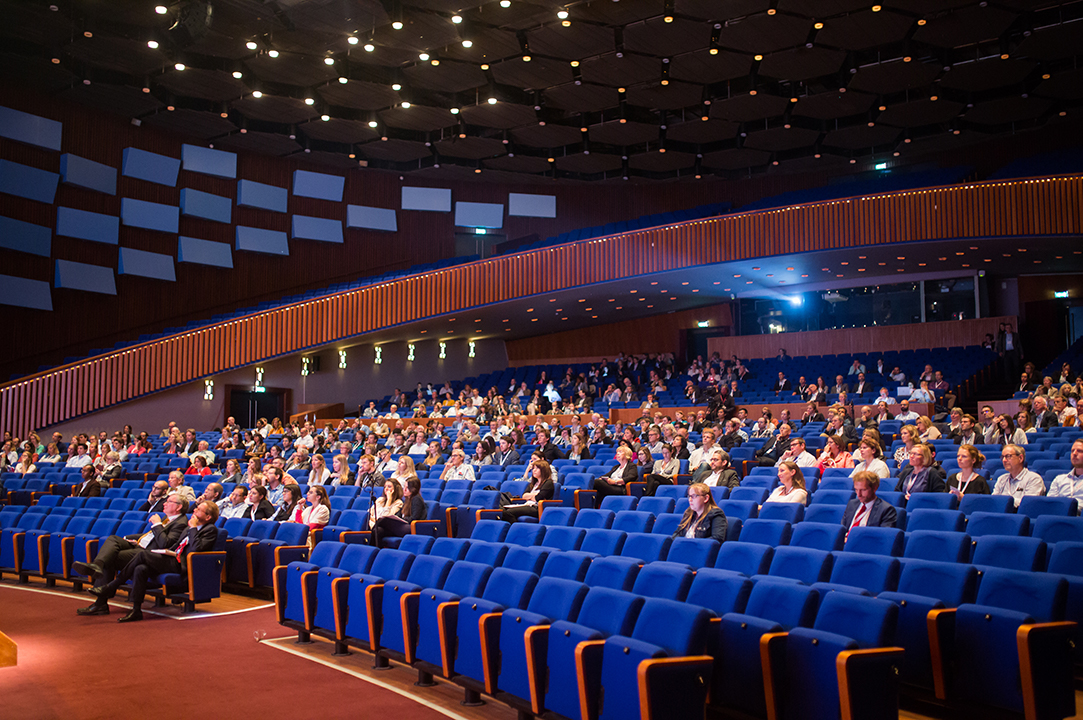
Speakers 2016
Invited speakers
Cecilia Becattini
Cecilia Becattini, MD, is Professor of Internal Medicine at the University of Perugia, Italy, and works at the Internal and Cardiovascular Medicine and Stroke-Unit of the University Hospital in Perugia, Italy.
Cecilia Becattini received her medical degree from the University of Perugia in 1998 and in 2002 she became Specialist in Internal Medicine. In 2007 she received her PhD in Vascular Biology and Physiopathology at the University of Perugia.
Cecilia Becattini is involved in national and international research projects in the field of prevention, diagnosis and treatment of venous thromboembolism and atrial fibrillation.
She is author and co-author of scientific publications in international peer reviewed journals (New England Journal of Medicine, Archives of Internal Medicine, Annals of Internal Medicine, Circulation).
Javier Corral
Academic degree.
Ph.D. in Biochemistry and Molecular Biology. University of Salamanca, Spain. 1992.
Positions.
1992-1995: Post-doctoral Fellowship at the Medical Research Council. Laboratory of Molecular Biology (MRC-LMB). PNAC Division. Cambridge. UK.
1996-2001: Post-doctoral Scientist at the University of Murcia/SMS. Murcia. Spain.
2001: Fellow of the Trinity College, and scientific visitor of the Welcome Trust Centre. CIMR. University of Cambridge. Department of Haematology. Cambridge. UK.
2002-2006: Scientific contract. University of Murcia. Spain.
2006–: Associate Professor at the University of Murcia. Department of Medicine. Spain.
Research publications.
Author of 150 articles in peer-reviewed journals and 16 invited reviews, 5 book chapters. More than 3000 citations. Hirsch’s index 28.
Research leadership.
Leader of a research group on congenital thrombophilia at the Department of Medicine, University of Murcia, Spain since 2001 (1 postdoc, 2 Ph.D.-students, 2 technicians).
Supervision of a total of 9 Ph.D.
20 grants from different Spanish and International Organizations.
Member of the editorial board of Thrombosis Research.
Ad hoc referee for about 20 biochemical, haematology, thrombosis and haemostasis, and genetic journals.
Organisation of scientific activities.
Vice-president of the Spanish Society of Thrombosis and Hemostasis (SETH).
Advisory board member of congresses of the International Society of Thrombosis and Hemostasis (ISTH), the European and Mediterranean League against Thrombotic Diseases (EMLTD), and the Spanish Society of Thrombosis and Hemostasis (SETH).
Meinrad Gawaz
Meinrad Gawaz, MD, is Professor of Internal Medicine and Head of the Department of Cardiology and Cardiovascular Diseases at the University of Tübingen, Germany.
Meinrad Gawaz received his medical degree from the Technical University of Munich in 1987. In 2004 Meinrad Gawaz became Head of the Department of Cardiology at the University Hospital of Tübingen.
Meinrad Gawaz has a longstanding research interest in platelets and inflammation with a special focus on basic science and translational medicine.
Thierry Van den Driessche
Prof. Thierry VandenDriessche, Ph.D.
Full Professor, Faculty of Medicine, Free University of Brussels (VUB)
Director, Department of Gene Therapy & Regenerative Medicine
Professor, Faculty of Medicine, University of Leuven (KUL)
Dr. VandenDriessche obtained his PhD at the Free University of Brussels (Belgium) in 1992 and was a visiting fellow at the Weizmann Institute for Science (Israel). He continued his research as a post-doctoral fellow at the National Institutes of Health (USA) in the lab of gene therapy pioneers Dr. R. Michael Blaese, Dr. Rick Morgan and Dr. W. French Anderson, where he started his research on gene therapy for hemophilia. He was subsequently recruited to the University of Leuven (Belgium) and the Flanders Institute of Biotechnology (VIB) at the Center for Transgene Technology & Gene Therapy directed by Dr. Désiré Collen. He had joined the lab of Dr. Rob Kotin & Dr. Marshal Nirenberg at the NIH as a sabbatical fellow. He subsequently worked at the Vesalius Research Center headed by Dr. Peter Carmeliet.
In 2010, he became Full Professor at the University of Leuven and at the Free University of Brussels, where he is now tenured Director of the Department of Gene Therapy & Regenerative Medicine. He served as President of the European Society of Gene & Cell Therapy. Dr. VandenDriessche has published over 120 peer-reviewed publications and is the recipient of the 2012 Outstanding Achievement Award of the European Society of Gene & Cell Therapy and Excellence in Research Award of the American Society of Gene & Cell Therapy. His main research focuses on gene therapy for hereditary diseases, particularly hemophilia and muscular dystrophy, development of improved gene therapy and genome engineering technologies and iPS-based stem cell therapies.
Elisabetta Castoldi
Elisabetta Castoldi studied Biology (with a major in Molecular Genetics) at Ferrara University (Italy) and graduated cum laude in 1996. In 2001 she obtained a PhD from Ferrara University on a thesis entitled “Molecular bases of APC resistance and factor V deficiency in thrombophilia” under the supervision of Prof. Francesco Bernardi. Thanks to an EMBO Long-Term Fellowship she then moved to Maastricht (The Netherlands) for post-doctoral training in coagulation biochemistry and thrombin generation in Prof. Jan Rosing’s laboratory. In 2006 she was awarded a VIDI grant from the Netherlands Organisation for Scientific Research for a project on inherited thrombophilia, which allowed her to establish her own research group. Currently she is an Associate Professor of Biochemistry at Maastricht University.
Her research interests focus on the genetics and functional characterisation of coagulation defects that predispose to bleeding or thrombotic disorders. Her main areas of expertise are factor V, the protein C pathway and the modulation of thrombin activity by fibrinogen γ’. From 2011 to 2014 she also served as a co-chairman of the SSC Subcommittee on Plasma Coagulation Inhibitors of the ISTH.
Karen Van Hoorelbeke
Karen Vanhoorelbeke, PhD, is professor at the University of Leuven, Campus Kulak in Kortrijk, Belgium where she is principle investigator at the Laboratory for Thrombosis Research and chairman of the Research Facility.
Her research focuses on the molecular mechanisms by which the hemostatic proteins van Willebrand factor (VWF) and its cleaving enzyme ADAMTS13 contribute to health and disease. Her group performs fundamental research to understand the role of VWF and ADAMTS13 in hemostasis, bleeding and thrombosis and to unravel their mode-of-action. These findings form the basis for translational research lines where preclinical animal models are established to study disease pathology and new treatment strategies. Her research is embedded in several national and international research projects. She is author and coauthor of more than 96 scientific publications in international peer reviewed journals.
Peter Collins
Peter Collins is a professor in haematology at the School of Medicine of Cardiff University and an honorary consultant haematologist and director of the Arthur Bloom Haemophilia Centre at the University Hospital of Wales, Cardiff.
His research interests include acquired haemophilia, prophylactic treatment in haemophilia, factor VIII inhibitors, pharmacokinetics of factor VIII and IX, haemostatic impairment during postpartum haemorrhage and the role of phospholipids in controlling coagulation.
Thomas Renné
University education
1989-2001 Medical school, University of Mainz, Germany
1990-1995 Chemistry, Diploma (Master equivalent), University of Mainz, Germany
1996-1999 PhD thesis, supervisor: Prof. Müller-Esterl, Mainz Univ., Germany
2005 MD thesis (Dr. med.), supervisor: Prof. Walter, Würzburg Univ., Germany
2006 Docent Degree in Clinical Chemistry, Würzburg Univ., Germany
Postgraduate training
2000-2001 Postdoctoral Fellow, Prof. Müller-Esterl, Frankfurt Univ., Germany
2001-2002 Postdoctoral Fellow, Mentor: Prof. Gailani, Vanderbilt Univ., TN, USA
2002-2008 Residency in Clinical Chemistry, Würzburg University Hospital, Germany, Specialist
Academic appointments
2002-2007 Junior group, University of Würzburg, Germany
2008 Senior physician in Clinical Chemistry, Würzburg University Hospital
2008- Professor of Clinical Chemistry and Coagulation Research, Karolinska Institute, Stockholm, Sweden
2009- Principal Investigator at the Center for Molecular Medicine (CMM), Karolinska Institute and University Hospital, Stockholm
2013- Professor of Clinical Chemistry & Director of the Institute, University Medical Center Hamburg-Eppendorf, Hamburg, Germany. Shared appointment and dual affiliation with Karolinska Institute
Harry R Büller
Academic Medical Center Amsterdam, The Netherlands
Harry R. Büller, MD, is Professor of Internal Medicine, specialized in Vascular Medicine at the Academic Medical Center in Amsterdam, The Netherlands.
Dr. Büller earned his MD and PhD at the University of Amsterdam. After graduating, he completed his research fellowship in hemostasis and thrombosis in the Departments of Medicine and Clinical Epidemiology and Biostatistics at McMaster University in Hamilton, Ontario, Canada in 1981 – 1982.
Dr. Büller has authored and coauthored more than 554 scientific articles concerning topics in his field (H-index 91). He has been Co-Chairman for the Amsterdam Institute for Cardiovascular Research and is Chairman of the Vascular Medicine Working Group. He is a reviewer for The New England Journal of Medicine, The Lancet, Archives of Internal Medicine, and European Journal of Clinical Investigation, among others. He is a past member of the editorial Board of The Annals of Internal Medicine.
Dr. Büller was Chairman of the chapter Chest Antithrombotic therapy for venous thromboembolic disease of the Seventh ACCP Conference on Antithrombotic and Thrombolytic Therapy, 2004. Dr. Büller is the recipient of the Established Investigator Award presented by the Dutch Heart Foundation (1993 – 1998) and received the Dutch Society for Vascular Medicine 2005 Award. Since 2008 he is Honorary Professor of the Royal Netherlands Academy of Arts and Sciences.
Malcom Macleaod
Malcolm Macleod is Professor in Neurology and Translational Neuroscience at the Centre for Clinical Brain Sciences, University of Edinburgh, and Consultant Neurologist at NHS Forth Valley. He is interested in the use of systematic review to improve the rigor, reporting and utility of animal research, and established the Collaborative Approach to Meta-analysis and Review of Animal Data from Experimental Studies (CAMARADES) in 2005. He is a member of the UK MHRA Commission for Human Medicines and the UK Home Office Animals in Science Committee, and is co-Chief Investigator of EuroHYP-1, a European RCT of brain cooling for stroke.
Sébastien Lacroix Desmazes
Dr Sébastien Lacroix-Desmazes obtained his PhD in Immunology from the Université Pierre et Marie Curie in Paris, France, in 1997, and went on to do two-year post-doctoral research training programmes at INSERM in Paris and at the Center for Molecular and Vascular Biology at the Université Catholique de Louvain in Belgium. Since 2000, he has held the position of scientist at Centre National de la Recherche Scientifique, and today works at INSERM UMRS 1138, Centre de Recherche des Cordeliers, in Paris.
Dr Lacroix-Desmazes has research interests in different areas of immunology, especially in understanding the immunogenicity of protein therapeutics. In particular, Dr Lacroix-Desmazes studies the immunogenicity of therapeutic factor VIII and the establishment of the primary anti-FVIII immune response in patients with haemophilia A. He also develops several strategies for immune-intervention to prevent the onset of the anti-FVIII immune response in naive patients. In addition, Dr Lacroix-Desmazes has co-authored several papers on the mechanisms of action of intravenous immunoglobulins in autoimmune and inflammatory diseases, and is involved in studies on the polyreactivity of immunoglobulins.
